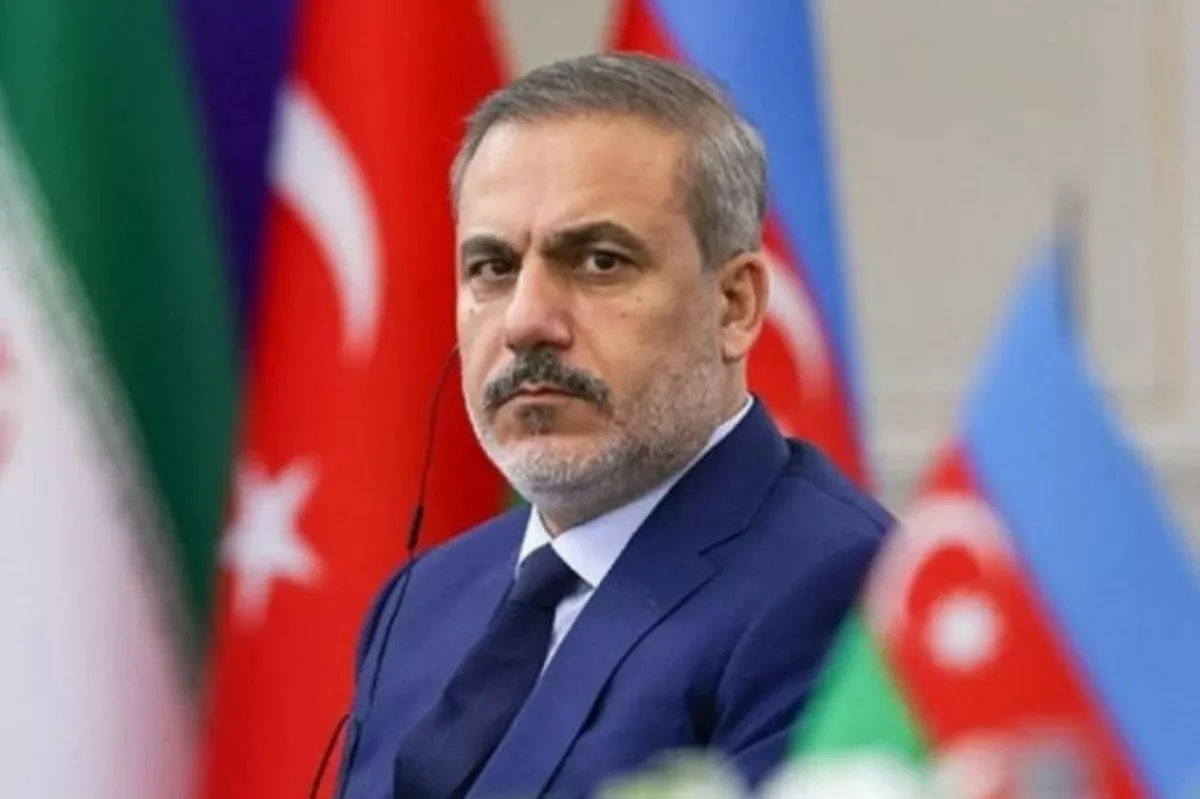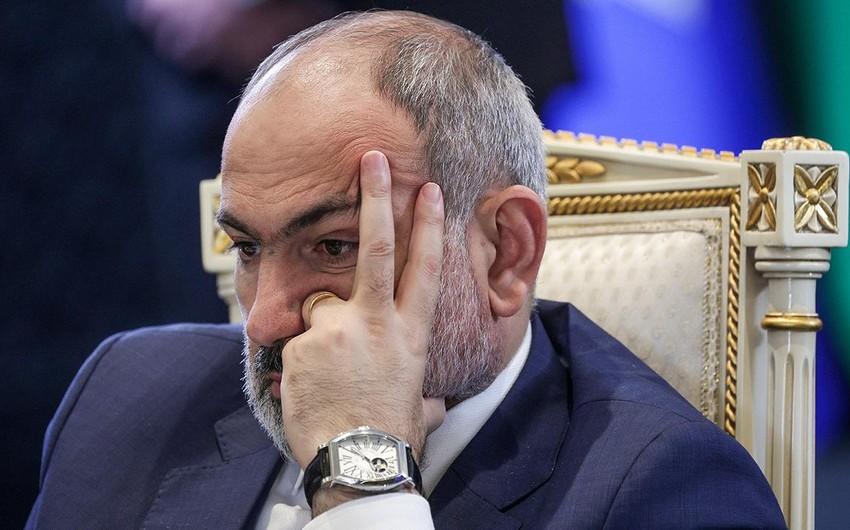Turkish-Armenian normalization hinges on Baku-Yerevan peace deal The ball is in Armenia’s court
The normalization of relations between Ankara and Yerevan will follow the signing of a peace treaty between Azerbaijan and Armenia, Turkish Foreign Minister Hakan Fidan stated in an interview with the Türkiye newspaper. According to him, Ankara considers achieving peace between Azerbaijan and Armenia as a key element for ensuring stability in the South Caucasus. “We are providing maximum support to reach agreements and are pleased to see that the parties are getting closer to them. Recent decisions regarding the border are a good example of this progress,” said the Turkish Foreign Minister.
This was a correct statement, based on the current realities. While progress has been made toward the signing of a peace treaty between Azerbaijan and Armenia, official Yerevan has yet to agree to meet two key demands from Baku. These include amending the Armenian Constitution, which contains provisions with territorial claims against Azerbaijan, and formally rejecting the services of the OSCE Minsk Group, which in reality has long ceased to function. Therefore, the ball is in official Yerevan’s court, and this is precisely what the Turkish Foreign Minister hints at when discussing the prospects for the normalization of Turkish-Armenian relations.

Notably, the Armenian Constitution also contains claims against Türkiye, and there has been no official renunciation of these. What has been stated instead is that international recognition of the so-called "Armenian genocide" is no longer a priority for the Armenian Ministry of Foreign Affairs. At least, this is what Armenian Foreign Minister Ararat Mirzoyan said during a joint session of the parliamentary committees while discussing the draft state budget for 2025. Essentially, he only indicated that the further promotion of this myth would fall on the shoulders of the Armenian diaspora, particularly in the United States. The Armenian diaspora and the politicians it hires from various countries will undoubtedly continue to promote this myth, aiming to secure international condemnation of Türkiye for actions it did not commit.
Meanwhile, Armenian revanchists have already voiced their dissatisfaction with the actions of official Yerevan.
"The authorities of Armenia have illusions about building relations with a country whose leader refers to Azerbaijan's victory over Armenia as a guarantee of peace in the region," laments Tigran Abramyan, Secretary of the “I Have Honor” faction in the National Assembly of Armenia. In his opinion, Türkiye's leadership "openly states that, no matter how much the Armenian authorities try to 'flatter' them, assign a larger role to Ankara in normalizing relations with Azerbaijan or deny the 'genocide,' they will only settle relations with Armenia once a peace treaty is signed between Armenia and Azerbaijan." He has his own interpretation of what a peace treaty between Baku and Yerevan would entail. "Simply put, as long as Armenia does not agree to Azerbaijan's preliminary conditions, Türkiye will continue its policy of blockade and hostility towards Armenia," concludes Abramyan.
Many Armenian politicians, particularly those opposed to the current government, share this stance. While their ratings and influence in Armenia remain, to put it mildly, low, nearly 60% of Armenian citizens disapprove of Prime Minister Nikol Pashinyan's performance. This is reflected in the results of a survey conducted by the MPG/Gallup International Association between October 24 and 30. The survey, which included 1,100 respondents, found that 14.1% were "definitely satisfied" with the prime minister's work, 20.4% were "somewhat satisfied," 16.1% were "somewhat dissatisfied," and 41.5% "definitely disapproved." As a result, Pashinyan's negative approval rating stands at 21.1%.

More than half of Armenian citizens also gave negative assessments of the president, government, and parliament. The activities of the parliament and the president were viewed negatively by 43% and 39% of respondents, respectively, while only 8.6% gave a completely positive evaluation. This can be summed up simply as a crisis of governance. Yes, Armenia is experiencing very high levels of distrust toward all branches of government, and revanchists are actively trying—and will continue trying—to exploit this situation.
For this reason, to prevent the future of relations between Baku and Yerevan from being dependent on the internal political situation in Armenia, Azerbaijan has proposed constitutional amendments in its neighbouring country. This is the only way to eliminate the legal grounds for revanchists and their backers from various countries to make territorial claims against Azerbaijan and Turkey. Without resolving this issue, it will be impossible to sign a peace treaty between Baku and Yerevan and, consequently, normalize Turkish-Armenian relations. This was the essence of Hakan Fidan's statement.








